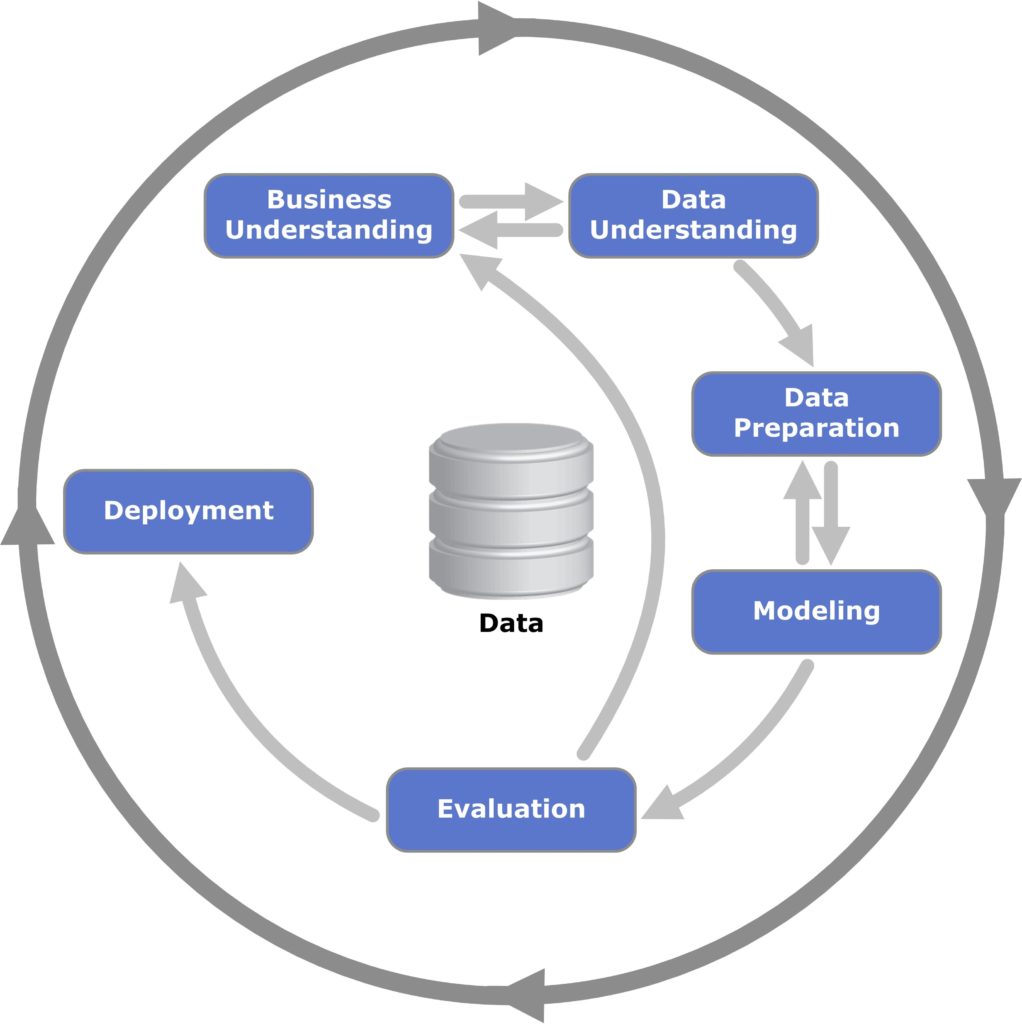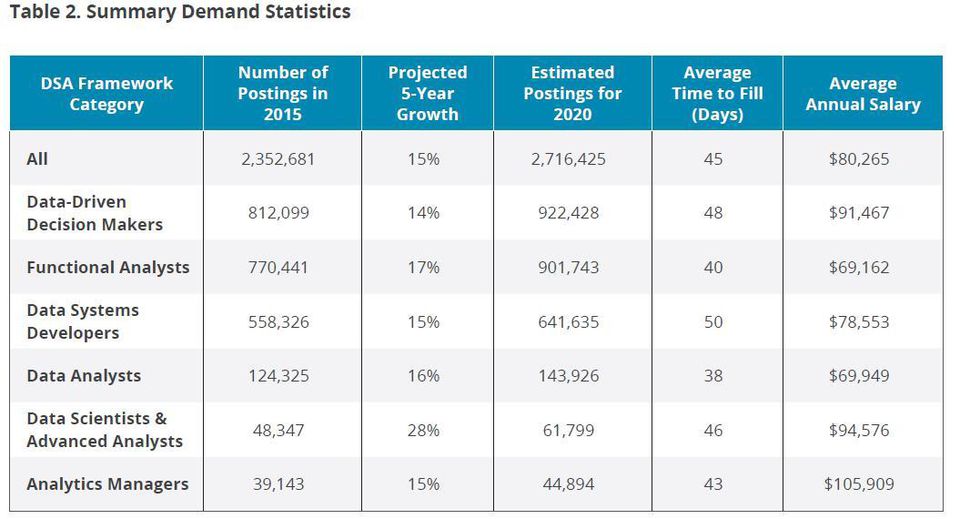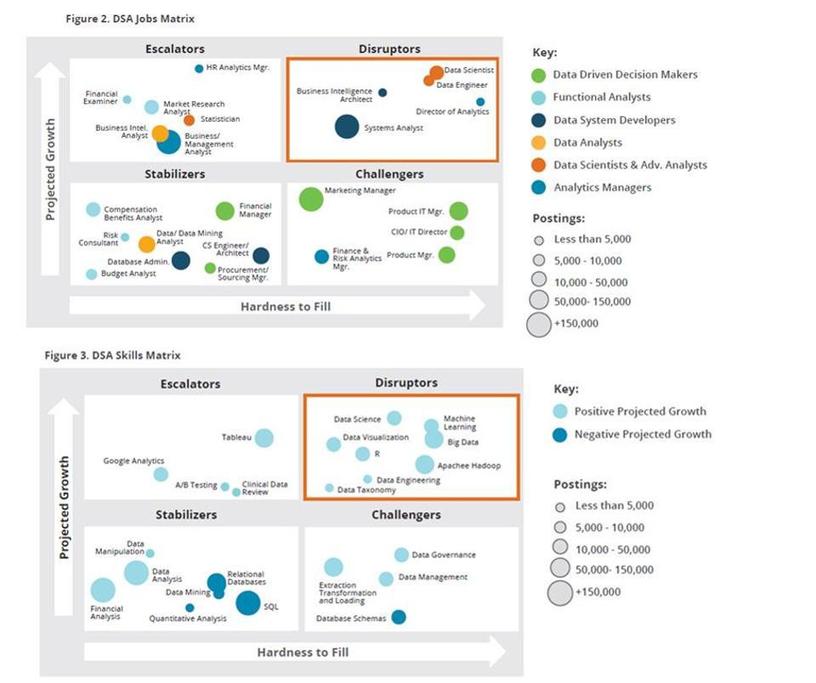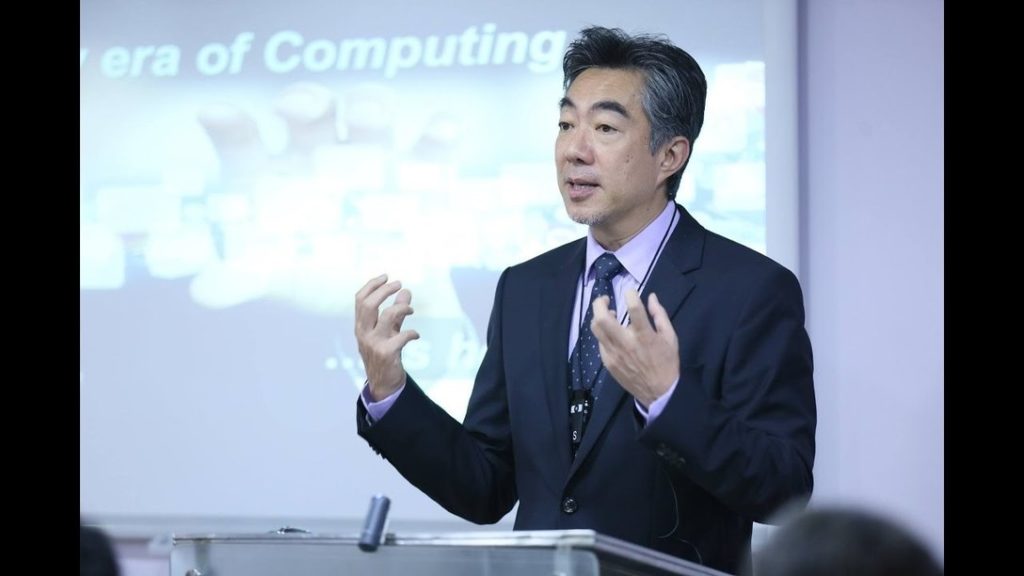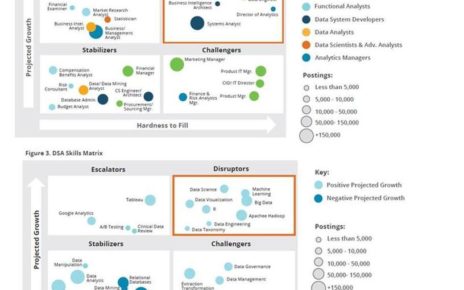You’ve probably heard of Transitions lenses that can adapt to changing light conditions. Now, get ready for facial recognition lenses.
Police officers in Zhengzhou, China have been spotted wearing sunglasses equipped with facial recognition software that allows them to identify individuals in a crowd. These surveillance sunglasses were actually rolled out last year, but a recent report from China’s QQ published a series of photos of the glasses in action.
China has consistently been ahead of the curve in terms of utilizing artificial intelligence (AI) for surveillance. The country’s CCTV system tracked down a BBC reporter in just seven minutes during a demonstration in 2017. But this new technology, developed by LLVision, takes China’s surveillance efforts to a whole new level. Not just in theory, either — reports from the official People’s Daily newspaper seem to indicate that it’s improving police work.
Sourced through Scoop.it from: futurism.com
In this contributed article, Wayne Thompson, Chief Data Scientist at SAS, provides 10 tips for organizations who want to use machine learning more effectively. Machine learning continues to gain headway, with more organizations and industries adopting the technology to do things like optimize operations, improve inventory forecasting and anticipate customer demand.
Sourced through Scoop.it from: insidebigdata.com
Jobs requiring machine learning skills are paying an average of $114,000. Data scientist jobs pay an average of $105,000 and advertised data engineering jobs pay an average of $117,000. 59% of all Data Science and Analytics job demand is in Finance and Insurance, Professional Services, and IT.
Sourced through Scoop.it from: www.forbes.com



